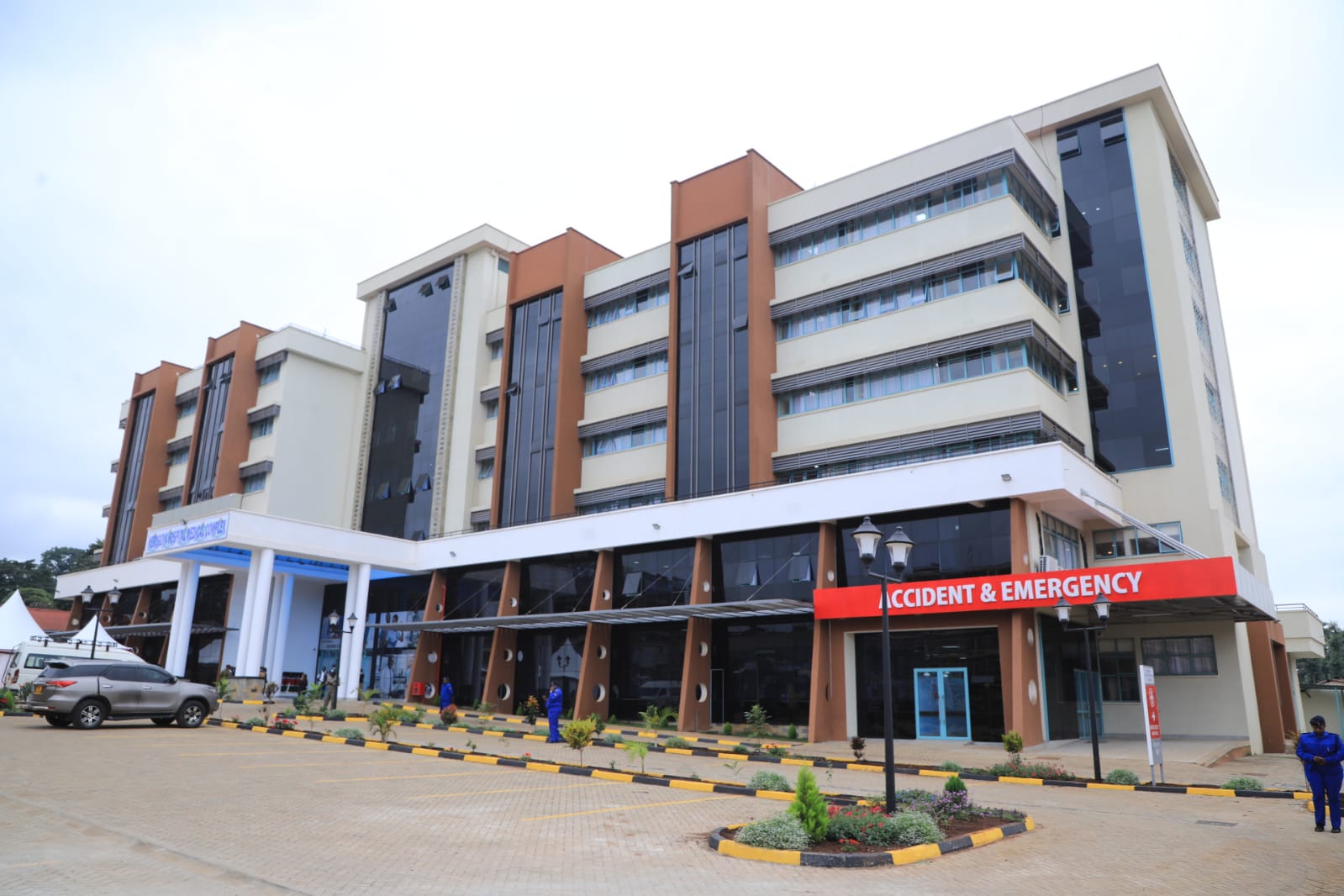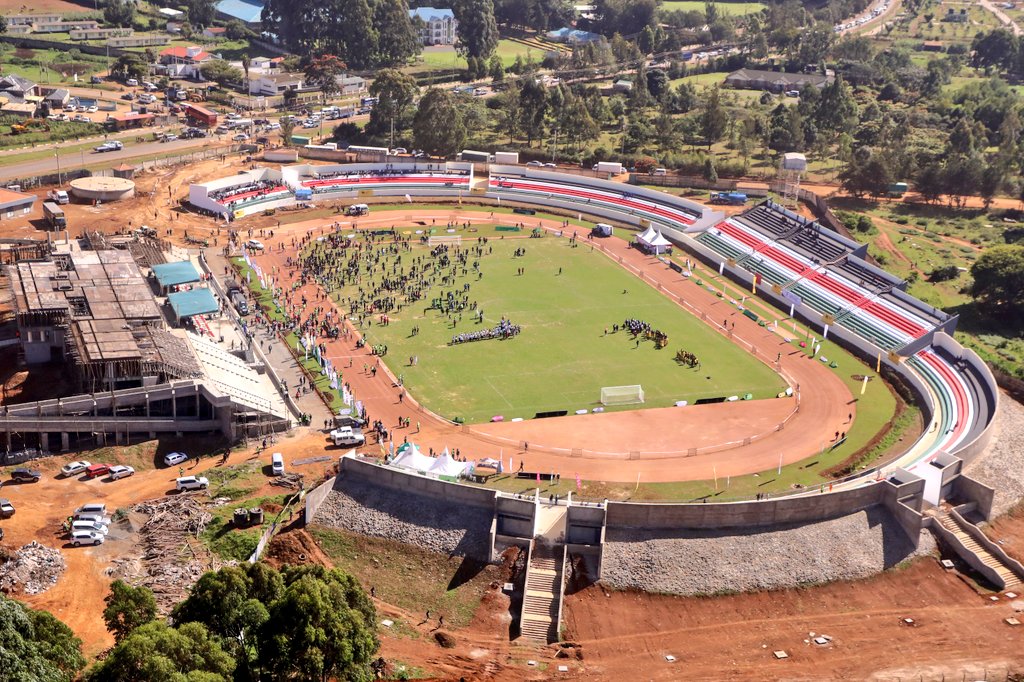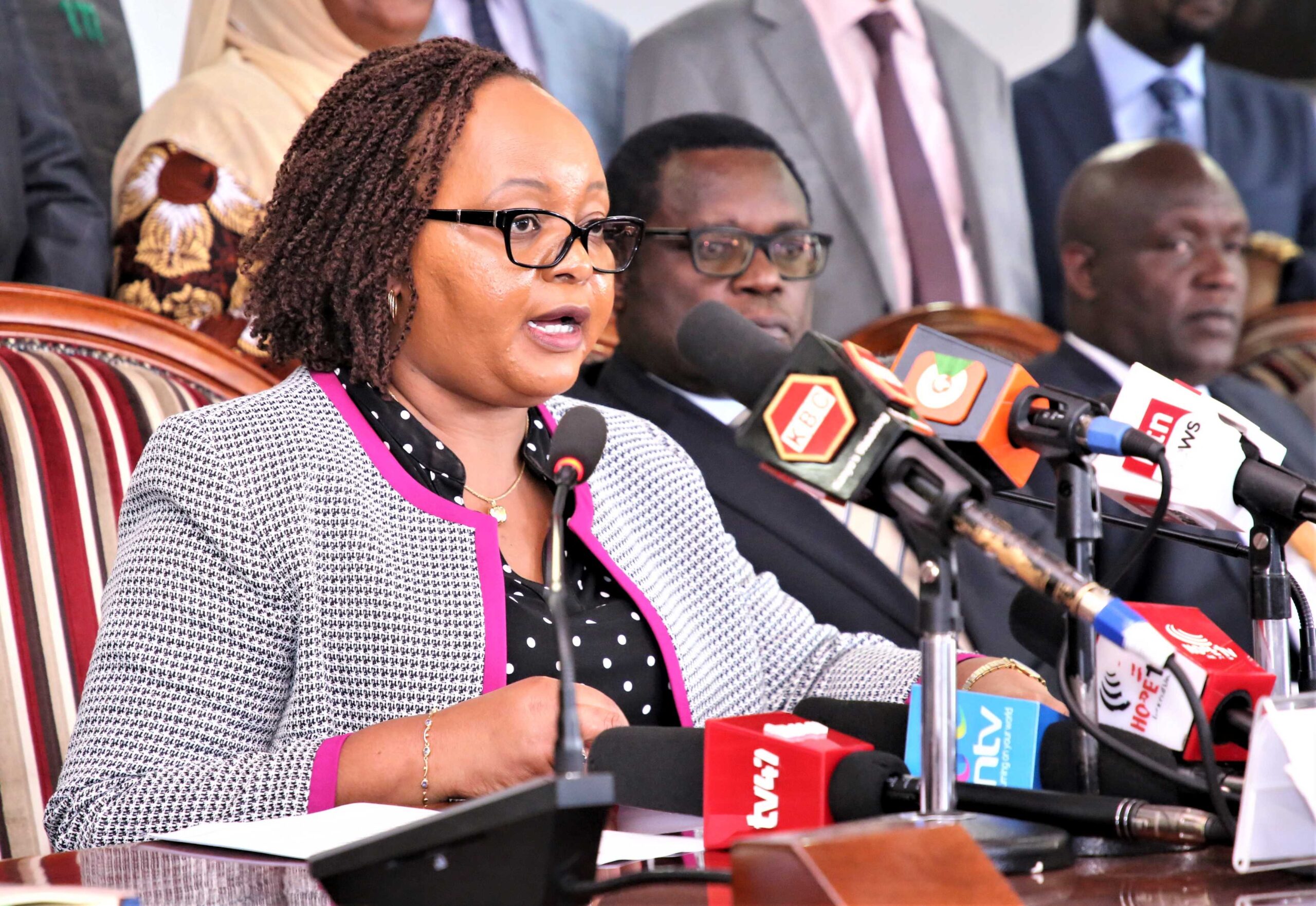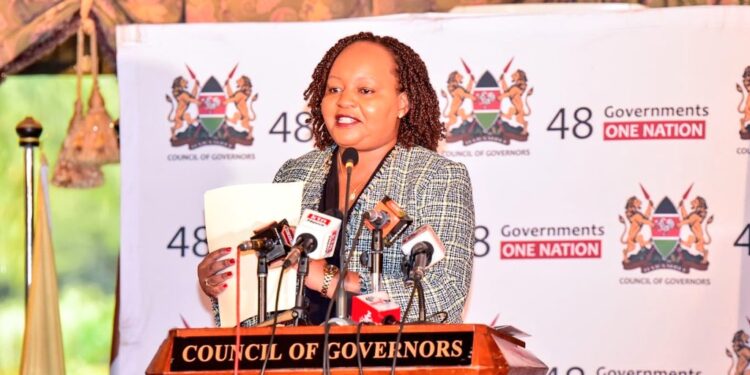The Council of Governors (CoG) is holding the eighth Devolution Conference running from Tuesday August 15 to Saturday 19 in Eldoret, Uasin Gishu County.
This year’s conference marks the 10th anniversary of devolution. It is an opportunity to take stock of what the counties have achieved, lessons learned, and areas that still need improvement, and look forward to what the future holds for these important regional governments.
From the outset, devolution’s mission has been to restore power to the people to manage their affairs, particularly of local development, while eliminating resource-driven ethnic conflict, political uncertainty, and systemic poverty.
In this year’s State of Devolution address, CoG reported significant milestones in the redistribution of critical resources and bridging the development and infrastructure gap in parts of Kenya that were previously neglected.

To begin with, counties have progressively increased their health allocation to 30 percent of their budgets, demonstrating their commitment to delivering affordable, accessible, and quality healthcare.
Also Read: Waiguru Wants County Revenue Share Increased to 35%
Ring-fencing healthcare funds must remain a priority to ensure health facilities can comfortably self-finance operational and maintenance costs. An important success indicator is that the infant mortality rate has declined from 39 to 32 per 1,000, and the rate of skilled birth deliveries has increased by 13 percent to an impressive 89 percent.
Improved Services in Countries
In comparison, deliveries in facilities have improved by 10 percent and are now 82 percent. County governments have also invested in agriculture: mechanization, increased input access, distribution of irrigation kits, seeds, seedlings, and extension services.
Agriculture has therefore remained dominant, accounting for about 21.2 percent of the overall Gross Domestic Product even during the prolonged drought.
This is not to mention new roads that have been opened, with some upgraded to bitumen standard, to expand connectivity and improve accessibility within and between counties and boost economic activities in rural areas; construction of new markets to increase spaces for trading and enhance the growth of micro, small, and medium-sized enterprises (MSMEs); and establishment of credit guarantee schemes and enterprise funds. While these milestones are impressive, a lot more can still be achieved.
Developmental devolved governments should be economic units that allow citizens to function at their full potential. Counties should compete, cooperate, and learn between and among each other to achieve the desired development outcomes. This is one reason the Council of Governors (CoG) is crucial and should be anchored in law. Counties can enhance their agriculture, trade, human capital, technology, and innovation productivity, and even own source revenue development.
Strengthening Devolution
High-quality and timely services are supported by stable funding if we are to finance our dreams, and debt should not be our only option as a country. To create wealth and enhance the welfare of the citizens, it is encouraging that counties leverage local endowments, including in the mining sector and County Aggregation and Industrial Parks (CAIPS), to participate in regional and global economic opportunities.
From a political perspective, counties now must step up structures for meaningful public participation in decision-making. The need to strengthen devolution, therefore, must be addressed. It is a whole government responsibility.
It is strengthening county governments and their service delivery capacity and the national government’s ability to fulfill its constitutional role in support of devolved services. This can be done by improving the effectiveness of intergovernmental financial and other relations.

Senate, the Defender of Devolution
The Senate, in particular, has done a commendable job safeguarding counties’ interests. This year, there was the first-ever high-level meeting between the Senate and CoG, which, moving forward, should be convened annually.
One of the key resolutions that will help in their coordination and cooperation is that the Select Committees of the Senate and the Technical Committees of the Council of Governors will establish working linkages to address thematic issues and collaborate in initiating, developing, and reviewing the legislation.
Also Read: Speaker Kingi: Delayed Disbursement of Funds Crippling Devolution
Both Senate and COG handle county-related matters in a nonpartisan manner for the good of all counties. The mandate of the Senate within the law is clear, and I, as a champion of devolution, believe all its actions and decisions as an independent body are compliant and in consideration of the present context in which the decisions are being made.
Moving Forward
Finally, as a champion of devolution, I ask all Kenyans to be part of this year’s Devolution Conference to help chart how we can better strengthen intergovernmental relations. The past seven conferences have benefited all stakeholders, especially citizens, to appreciate the progress in counties. Some strategic interventions resulting from the conferences include strengthening legislation and policy for devolution, good governance, adopting a performance management framework for enhanced service delivery, and county governments’ commitment to climate action.

Further, through a multi-agency committee, the Council of Governors tracks the implementation of the action points from each conference, and the Executive issues the status of the implementation of the recommendations during the opening ceremony of the succeeding conference. Let us all unite and support devolution to benefit our nation and all citizens.
The writer is the Chief of Staff of Kirinyaga County whose governor, Anne Waiguru, is the chair of the Council of Governors











































































